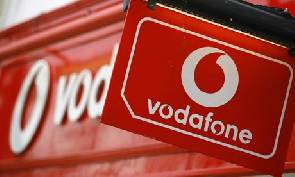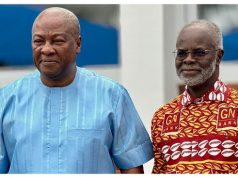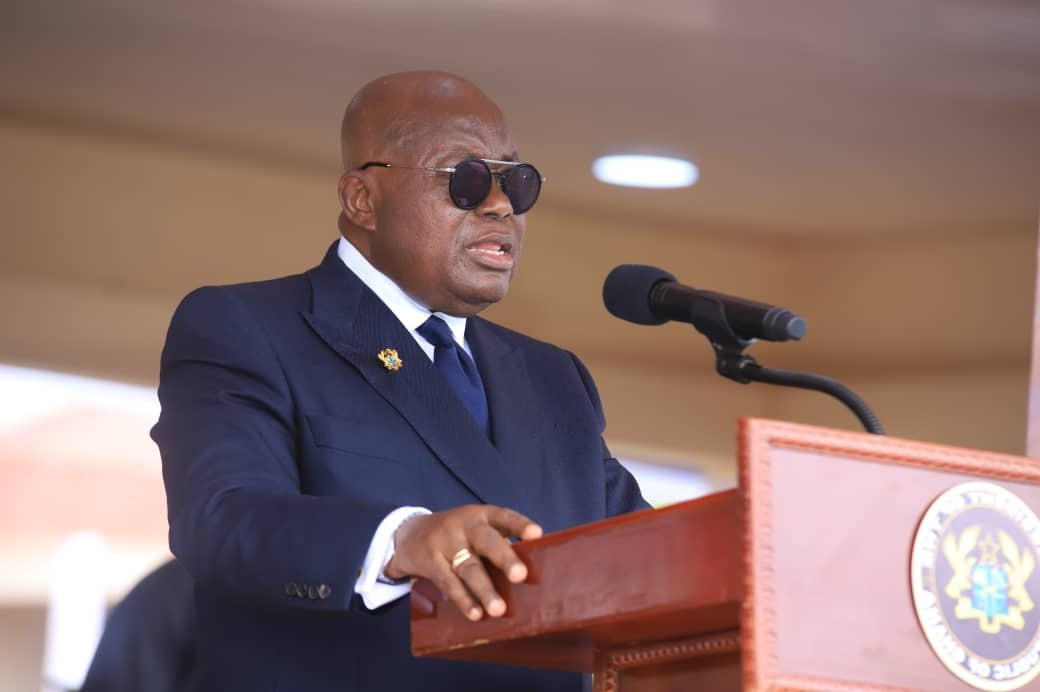Although Vodafone Ghana says it is exploring a myriad of opportunities to get into the 4G LTE space in Ghana, it has flatly denied partnering Netherlands-based telecoms player Afrimax for the purpose.
Responding to a questionnaire from Adom News, Head of Communications at Vodafone Ghana, Ebenezer Amankwah stated “Vodafone Ghana has NO partnership with Afrimax to provide 4G services in Ghana.”
In November, 2014 the Vodafone Group and Afrimax issued a joint press statement announcing a non-equity strategic partnership for 4G LTE deployment in sub-Saharan Africa, particularly in countries where Vodafone had operations.
The focus was to partner in 12 sub-Saharan African countries covering an estimated 222 million people.
The joint statement also noted that the framework agreement will complement Vodacom Group’s operations in South Africa, Tanzania, the Democratic Republic of Congo, Lesotho and Mozambique.
So far, the two telcos have deployed 4G services in Uganda, Zambia and Cameroun, with more deployments expected.
But Ebenezer Amankwah explained that the Vodafone Group has a partnership with Afrimax to provide services to some countries in sub-Saharan Africa but that excludes Ghana.
As of now, Afrimax and Vodafone Group run a joint website, where they share information about how their partnership is growing.
On that website, Afrimax named Busy Ghana as its partner in Ghana, and not Vodafone Ghana. Indeed, there is a news item on that website headlined “Afrimax launches 4G services in Ghana under the Busy brand”.
Meanwhile, Vodafone seems to be looking elsewhere as news recently emerged that it presented a partnership proposal with local 4G player Surfline to the National Communications Authority (NCA).
NCA confirmed receiving the proposal but could not approve it because there are no policies and regulatory framework for such partnerships.
Ebenezer Amankwah said, “there are myriad of opportunities we are exploring but these are business decisions and we prefer to keep them at that.”
Contrary to earlier media reports that Vodafone had decided to stay away from the 4G space, Amankwah said “our desire is to be deploying 4G at this material moment; however, we cannot because we still hold the position that the $67.5 million price tag on the spectrum set by the regulator is excessively high.
Vodafone is not the only industry player who thinks the 800MHz spectrum price at $67.5million per slot was a political rather than a realistic price; all the other telcos, including MTN that eventually bought one, have expressed similar sentiments.
Eben Amankwah said Vodafone is still in talks with the regulator to find a way into the 4G space because it believes the value of spectrum depends on its deployment to the benefit of people and businesses.
Indeed, due to the widely acclaimed high cost of the spectrum, the NCA could sell only one out of toe slots, which means the remaining slot now lies idle.
“Inaccessible spectrum is of no value to the government and people of Ghana,” the Vodafone Head of Communications said.
This is consistent with what Vodafone Ghana CEO, Yolanda Cuba said, that spectrum is an essential commodity like water so it must be moderately priced to make it easily accessible.
He said Vodafone believes spectrum must be allocated to entities capable of making efficient use of it to improve Quality of Service, adding that access to spectrum feeds into the growth of today’s modern economy and the regulator needs to take this into account going forward.
“We are open to a transparent and fair industry; one that is committed to supporting telecommunication entities provide modern and quality services to all Ghanaians,” he said.
But whereas Vodafone Ghana flatly denied any partnership Afrimax in Ghana, Adom News gathered some international organisation is on a recruitment drive, hiring locals with expertise in telecoms and other relevant skills on behalf of Afrimax/Vodafone in Ghana.
It remains to be seen how that pans out.
Source: ghanaweb.com








